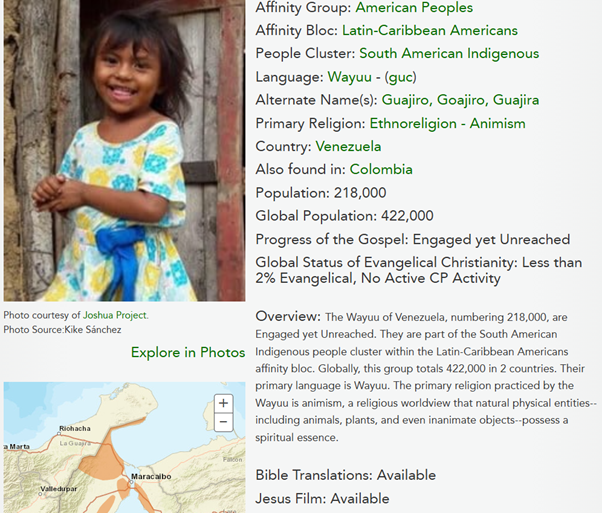
The Wayuu people, also known as Guajiros, are the largest Indigenous group in Colombia and Venezuela, inhabiting the sun-scorched, arid Guajira Peninsula that juts into the Caribbean Sea. Their vibrant culture is a testament to resilience, having survived centuries of attempts at subjugation.
Unlike many other Indigenous groups in the Americas, the Wayuu were never fully conquered by the Spanish. Instead, they maintained a state of near-constant warfare, using their knowledge of the landscape and their formidable equestrian and firearm skills—acquired through trade with English and Dutch smugglers—to protect their sovereignty.
The "Guajira rebellion" of 1769, in which 20,000 Wayuu warriors rose up to reclaim their territory, is a powerful historical marker of their fierce independence. This history of resistance is fundamental to understanding their identity: they are a people who have always governed themselves on their own terms.
At the heart of Wayuu society lies a distinctive and powerful matriarchal system, a structure that sets them apart from the patriarchal norms of the wider Latin American world. In Wayuu culture, lineage, inheritance, and social status are all traced through the female line.
The mother is the head of the family, and her authority is paramount. If a man wishes to marry a woman, he must seek approval from her mother and maternal uncle, not her father. After marriage, a man moves into his wife's family compound, a practice known as matrilocality, which ensures the woman remains within her support network.
This system grants women significant social and economic power, making them the custodians of family heritage and the primary decision-makers. The very survival of a clan depends on its female descendants, as a clan without daughters is considered to be on a path to extinction.
This matriarchal structure is deeply intertwined with their famous art of weaving, which is primarily a female domain. For the Wayuu, weaving is not just a craft; it is a sacred act of creation, a form of storytelling, and a cornerstone of their identity. The phrase, "to weave is to be a woman," captures its profound significance.
Wayuu women spend a great portion of their lives creating intricate, colorful bags (mochilas) and large hammocks (chinchorros), which are both a vital source of income and a means of passing down ancestral knowledge. The patterns woven into each piece are known as kanas, symbolic drawings that represent elements of the Wayuu universe—animals, plants, people groups, celestial bodies, and mythological figures. For example, patterns may depict the path of a fly, the shell of a turtle, or a star that announces the rains.
Each kana tells a story, and the more complex the design, the more value the piece holds, not just monetarily, but as a representation of the weaver’s skill and the depth of her knowledge. The art is often taught to girls during a rite of passage called el encierro, or "the confinement," where they spend months or even years learning to weave, cook, and carry on the traditions of their people.
The Wayuu justice system reflects their unique social structure. Conflicts within or between clans are resolved not through violence, but through a system of mediation led by a pütchipü'ü (or palabrero in Spanish), the "messenger of the word." The pütchipü'ü is a skilled diplomat and orator who uses negotiation and persuasive language to bring a resolution. The solution almost always involves a material compensation paid by the offending family to the aggrieved family, often in the form of livestock or other valuable goods. This system of restorative justice prioritizes maintaining social harmony and preventing escalating blood feuds, showing a profound respect for language and reason as tools for peace.
Despite their deep-rooted resilience, the Wayuu people face immense challenges today. The combination of a harsh desert climate and the effects of climate change, including prolonged droughts and erratic rainfall, has devastated their pastoralist lifestyle.
Access to clean water is a severe problem, leading to high rates of waterborne diseases and malnutrition, especially among children. Furthermore, their traditional lands and way of life are threatened by mining and other industrial projects. The political and economic crises in both Colombia and Venezuela also exacerbate these issues, impacting trade and access to essential services. Yet, the Wayuu continue to fight for their rights, using their strong social and cultural fabric as a foundation for survival and advocacy, demonstrating that their spirit of independence remains as strong as ever.